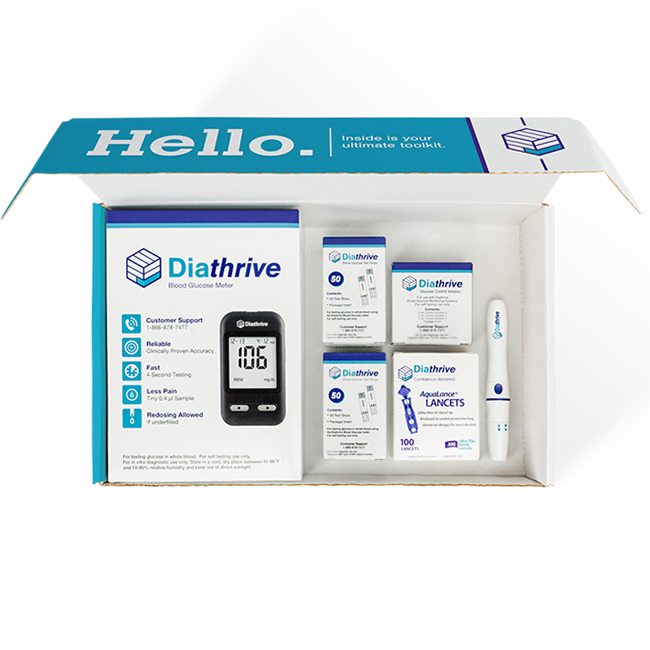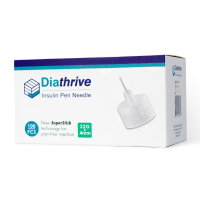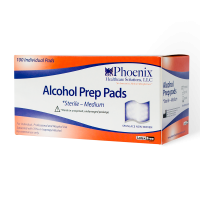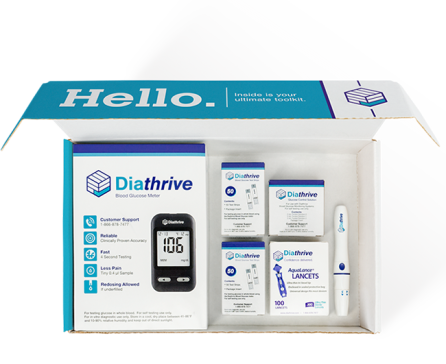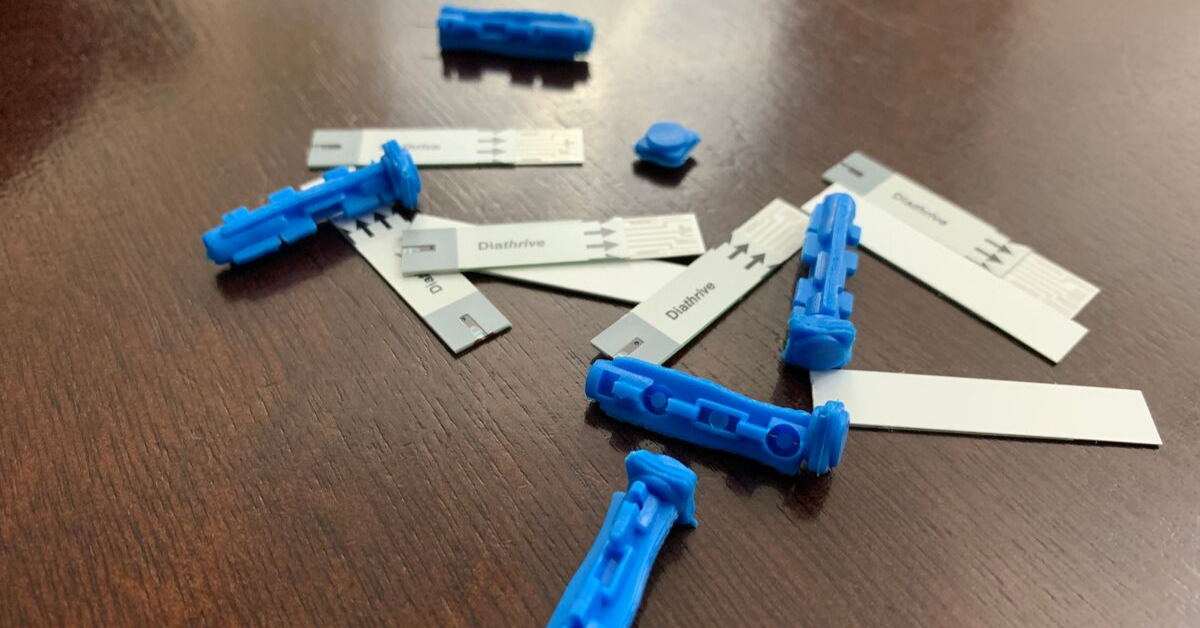
If you have diabetes, you probably have medical waste. Here's how to manage it.
“It’s just one plastic straw,” said 8 million people on one given day…
Let’s be honest. Many of us with chronic medical conditions know that the medical waste generated by our conditions is not good for the environment. But we have no other options, right? We need these devices to help us stay healthy and, in some cases, to help us literally stay alive. It’s that simple. And many of us don’t have a choice but to use these (mostly disposable) devices. So, what can we do about it?
Once, over the period of just one single day, it was necessary for me to change out my insulin pump set and my CGM sensor, get rid of an empty vial of insulin and replace an old lancet with a new one, dispose of and replace a CGM transmitter, dispose of an insulin syringe I had had to use and empty my diabetes “kit” of a week’s worth of used test strips. Whoa. I remember looking at all this “stuff” that my type 1 diabetes (T1D) was producing from day to day and it hit me like a ton of bricks… There was an excessive amount of disposable medical waste coming from this condition.
As an environmentalist, this hard fact hits me on so many levels. First, I hate T1D (we can start there) and this little monster was generating medical waste at an alarming rate. I was truly upset that T1D was not only disrupting and inserting itself into my personal life on a daily basis, but it was contributing to my own overall waste footprint on the planet. What’s a tree-hugging hippie to do? I had to find a way or ways to offset this reality.
Find A Way
I know that I cannot help the fact that I have T1D and that I need these disposable devices in order to manage my T1D and to stay healthy, safe and alive. That’s a given. But, I could look to other medical AND non-medical areas to begin changing my own habits and offset my personal medical waste footprint. Many of these types of changes are being adopted by people all over the world, whether they generate medical waste or not. But if you are a person whose condition does produce medical waste, I urge you to consider some of these ideas or even come up with some of your own. Together we can do this. It just takes a little shift in our thinking and our personal habits. Here are 5 of my own practices that are now a habit for me. But believe me, there’s more!
-
Understand the medical waste laws in your community and follow them.
-
NEVER throw used (or even unused) sharp (or dull) medical objects of any kind in a trash can. Can you imagine a child or an animal getting ahold of it?
-
If your medical devices use batteries, find out what the battery disposal guidelines are in your community.
-
Consider replacing all plastic water bottles, straws, and grocery bags with the reusable kind. This was something that I adopted early on and this is actually a lot easier than you think.
-
Lobby your CGM company to redesign their one-time use sensor inserter so that it’s not the size of a boat (you know who you are).
The extra effort you put into this is worth it. It feels good to know that you are doing your best to stay healthy AND doing your part to help our planet stay healthy as well.
On we go…


